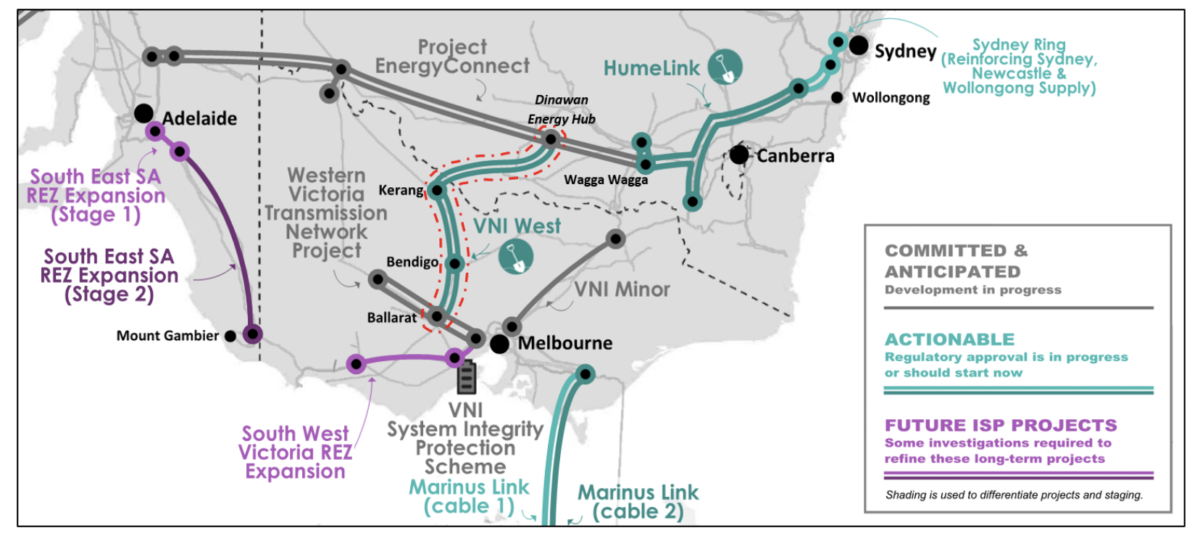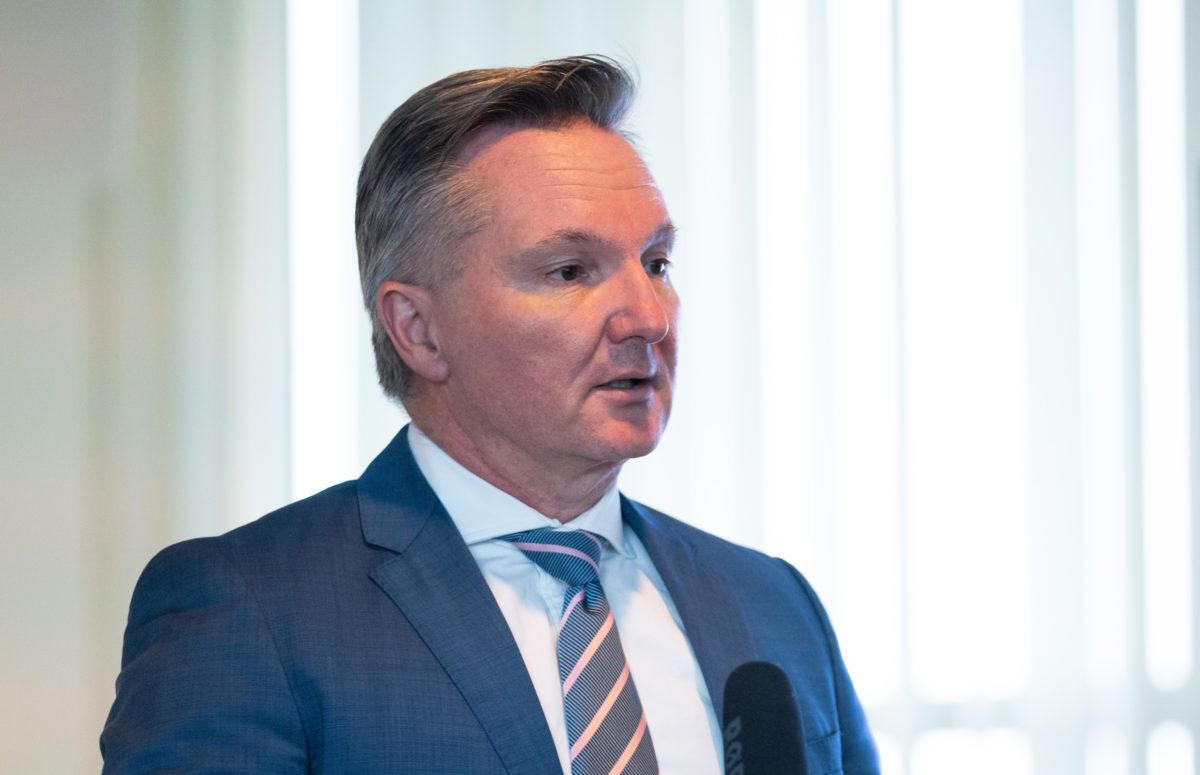Speaking at a Committee for Economic Development of Australia (CEDA) forum in Sydney on Monday, federal energy minister Chris Bowen said securing social license is imperative for the energy transition. Specifically, he pointed to the process by which transmission projects in the country are approved, and the need for this framework to consider social and environmental impacts, rather than simply economics.
“Last month I submitted rule changes to the Australian Energy Market Commission to commence this reform process, with a fast-tracked process set to see the changes in effect from November this year,” Bowen told the forum.
“The rule changes seek to improve community outcomes and ensure the timely and efficient delivery of major transmission projects.”
Darren Edwards, Director of Energy Grid Alliance, says the process does indeed need urgent reform, but this overhaul has been on Bowen’s agenda for over a year, and the changes slated for November are “minor.”
The tensions between governments eager to accelerate projects to meet their climate goals, transmission and network operators executing projects, and the local communities where they are proposed, have grown considerably in the last year and put the country in a delicate position.
“When it comes to transmission, social licence is the most important issue we have to face,” Bowen continued on Monday. “A near-total rebuild of the grid comes with challenges, particularly for the communities where projects will be built.”
“It would be easy, but wrong, to dismiss those concerns as just NIMBY-ism. In my experience, most concerned community members are not anti-renewables, anti-transmission or anti-progress. Nor, in most cases, are they opposed to the projects going ahead if their concerns are addressed.”
“A cost benefit analysis which does not take appropriate account of the views of local communities is not a fit-for-purpose process for communities or for TNSPs [transmission network service providers],” Bowen said.
Also speaking at the CEDA forum on Monday was Daniel Westerman, head of the Australian Energy Market Operator (AEMO). In his speech, he emphasised the need for new transmission in Australia – saying that while these projects weren’t “glamorous,” they are urgently needed since the curtailment of renewable generation is at record highs, up almost 40% from one year ago.
Bruce Mountain, director the the Victoria Energy Policy Centre at Victoria University, has questioned AEMO’s vision of a highly interconnected Australia-wide grid, saying that while of course some new transmission is required, the figures from AEMO are fundamentally overblown. Mountain argues storage within the states is often a preferable solution.
Despite Bowen’s concerns about the transmission approval framework, he has offered vocal support for AEMO’s contentious interconnector between Victoria and New South Wales Interconnector, known as the VNI West project.

Image: Transgrid
AEMO is currently preparing its project assessment report in which it will identify its preferred route for the VNI West. This is the last stage in the regulatory investment test for transmission or RIT-T process which Bowen deemed no longer fit for purpose.
“To me, the situation in Western Victoria has confirmed my inclination that the RIT-T process is no longer fit for purpose, especially when you consider the massive scale of transmission upgrades we have to complete over the next decade,” Bowen said.
This content is protected by copyright and may not be reused. If you want to cooperate with us and would like to reuse some of our content, please contact: editors@pv-magazine.com.









By submitting this form you agree to pv magazine using your data for the purposes of publishing your comment.
Your personal data will only be disclosed or otherwise transmitted to third parties for the purposes of spam filtering or if this is necessary for technical maintenance of the website. Any other transfer to third parties will not take place unless this is justified on the basis of applicable data protection regulations or if pv magazine is legally obliged to do so.
You may revoke this consent at any time with effect for the future, in which case your personal data will be deleted immediately. Otherwise, your data will be deleted if pv magazine has processed your request or the purpose of data storage is fulfilled.
Further information on data privacy can be found in our Data Protection Policy.